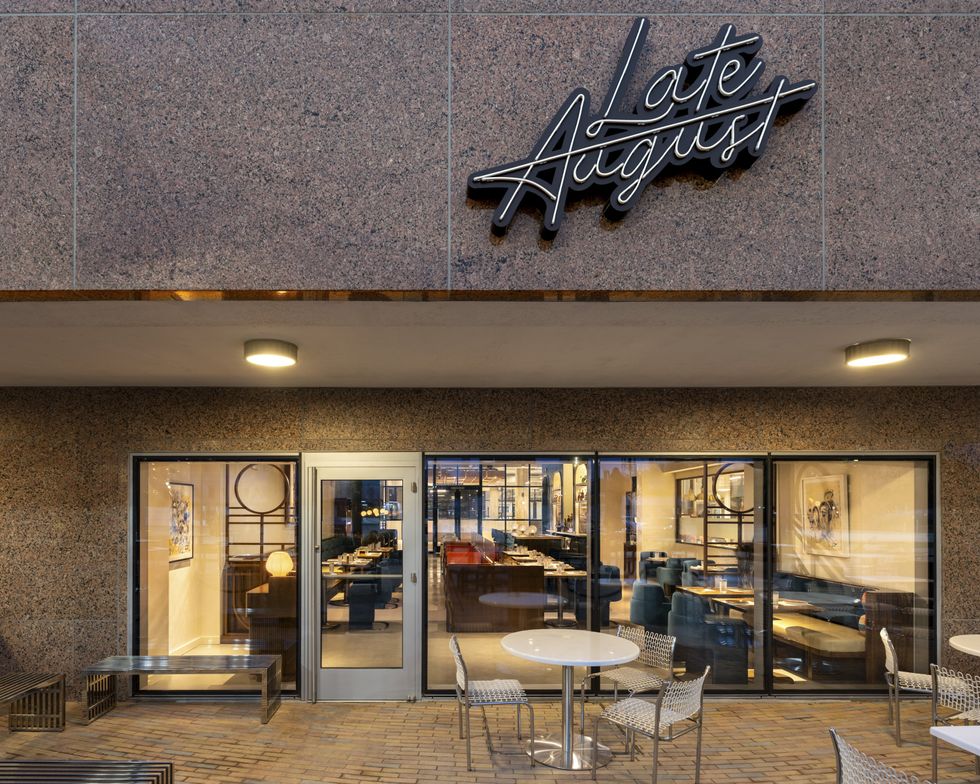no debating it
Houston poised to win big with presidential primary debate exposure

If past presidential debates are an accurate barometer, Houston stands to reap millions of dollars worth of benefits from what's been called the "Super Bowl of politics." However, one economist isn't casting his vote for any sizable economic surge from the upcoming presidential debate in Houston.
On September 12, Houston's Texas Southern University, one of the largest historically black universities in the country, will host the third debate of the Democratic presidential primary season. The Democratic National Committee and ABC picked the 150-acre TSU campus for this showdown, where 10 Democratic candidates are set to take the stage at the 8,100-seat H&PE Arena.
While the Greater Houston Partnership isn't able to provide an estimated economic impact of the Houston debate, it still sees the value of Houston basking in the national spotlight.
"Texas Southern University hosting the third Democratic presidential primary debate here in Houston will focus national attention on the city for several days, in much the same way the Republican presidential debate did back in 2016," Bob Harvey, president and CEO of the Greater Houston Partnership, tells InnovationMap. "These events put Houston top of mind among people across the country — including the companies and talented individuals we're working to recruit to Houston."
The debate will help showcase Houston as a diverse city that's tackling presidential-level issues like education, infrastructure, and climate change, Harvey says. Climate change, in particular, hits close to home in Houston, as the city is "redefining its role" as the Energy Capital of the World through local initiatives taking on renewables, carbon emissions, and sustainability, according to Harvey.
Three years ago, the University of Houston hosted a Republican presidential debate featuring five candidates. For historical context, Houston hosted the Democratic National Convention in 1928 and the Republican National Convention in 1992.
Brandon Rottinghaus, a professor of political science at UH who's an expert on the presidency, says nationally televised debates serve as a "massive platform" for host colleges and universities to recruit faculty and students beyond their normal regional or local confines. Furthermore, he says, presidential debates can elevate the status of these schools in the realm of "public discourse."
"These debates are also a way to connect to alumni networks flung far across the nation," Rottinghaus tells InnovationMap, "and give them some something to brag about that isn't sports-related."
No estimates were provided of the economic impact for the University of Houston debate, but other spots in the U.S. — communities and college campuses — that have hosted presidential debates tout millions of dollars in value from debate-related spending and free publicity.
In October 2012, the Boca Raton, Florida, area realized an immediate economic impact of $13.1 million from hosting the final debate ahead of that year's presidential election, as well as $63.7 million in free publicity from news coverage of the nationally televised event. Those figures come from a study commissioned by Lynn University, which hosted the debate. An accompanying survey found that after watching the debate, 4.7 million American adults definitely wanted to visit the Boca Raton area over the next five years.
Also in October 2012, the University of Denver hosted a general-election debate that generated an estimated $56 million in free publicity.
Victor Matheson, an economist at the College of the Holy Cross in Worcester, Massachusetts, dismisses those figures as inflated and irrelevant. And he says Houston shouldn't expect the city or TSU to receive any direct economic benefits from the September 12 debate.
---
Continue reading this story on InnovationMap.

 Late August is one of Esquire's best new restaurants.
Photo by Leonid Furmansky
Late August is one of Esquire's best new restaurants.
Photo by Leonid Furmansky